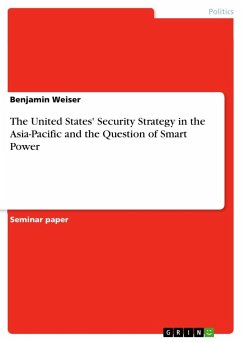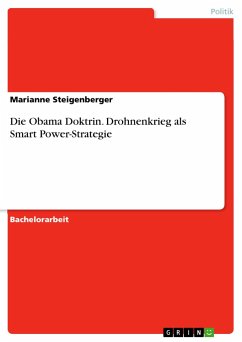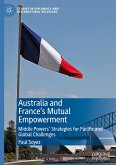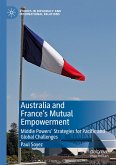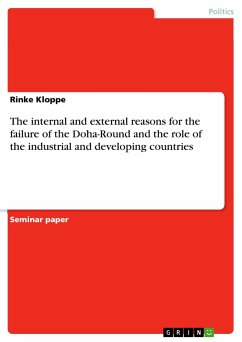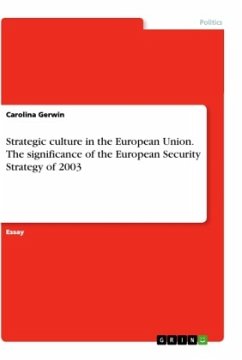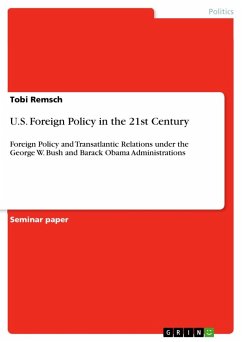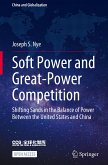Seminar paper from the year 2017 in the subject Politics - Region: USA, grade: 1,0, Warsaw University (Institute of International Relations), course: Security System in the Asia-Pacific Region, language: English, abstract: Much has been said and written in the last years concerning the "Pivot to Asia", meaning that the United States' (US) strategy agenda has been moving away from a post-Second World War European to a recent Asian focus. In maritime patterns this change in US interests is described by the term "Pacific century", which is said to be going to replace the Atlantic one. With the fall of the Soviet Union, US strategy towards the Asia-Pacific has been undergoing a significant transition. As Warren Christopher, Secretary of State under the first Clinton presidency, said in Hanoi in 1995: "In the old days we wanted to make Asia safe for democracy, these days we want to make it safe for American exports.". This quote fits perfectly in the 1990ies neoliberal zeitgeist of the successful presidential campaign "The economy, stupid" of Bill Clinton, who wanted to reinvent US predominance based on an economist point of view, rather than continuing with expensive military power politics. But it would fall too short if one wants to understand the post-Cold War US' engagement in the Asia-Pacific only by explaining the economic and trade policies of the United States. Both security and economy are at the core of US foreign policy strategy, since these two objectives being more and more intertwined in terms of globalization, digitization and other megatrends. Classical and "old-fashioned" hard power approaches are therefore questioned, as they sometimes fail to explain the rise of messy multilateralism and a total heterogeneous security landscape in this region of interest. But to what extent the US strategy in the Asia-Pacific really is a sign of a more cooperative approach based on Neoliberal-Institutionalist3 thought rather than referring to Neorealist hard power politics? And which role the US seeks to have in this complex setting?
Hinweis: Dieser Artikel kann nur an eine deutsche Lieferadresse ausgeliefert werden.
Hinweis: Dieser Artikel kann nur an eine deutsche Lieferadresse ausgeliefert werden.

